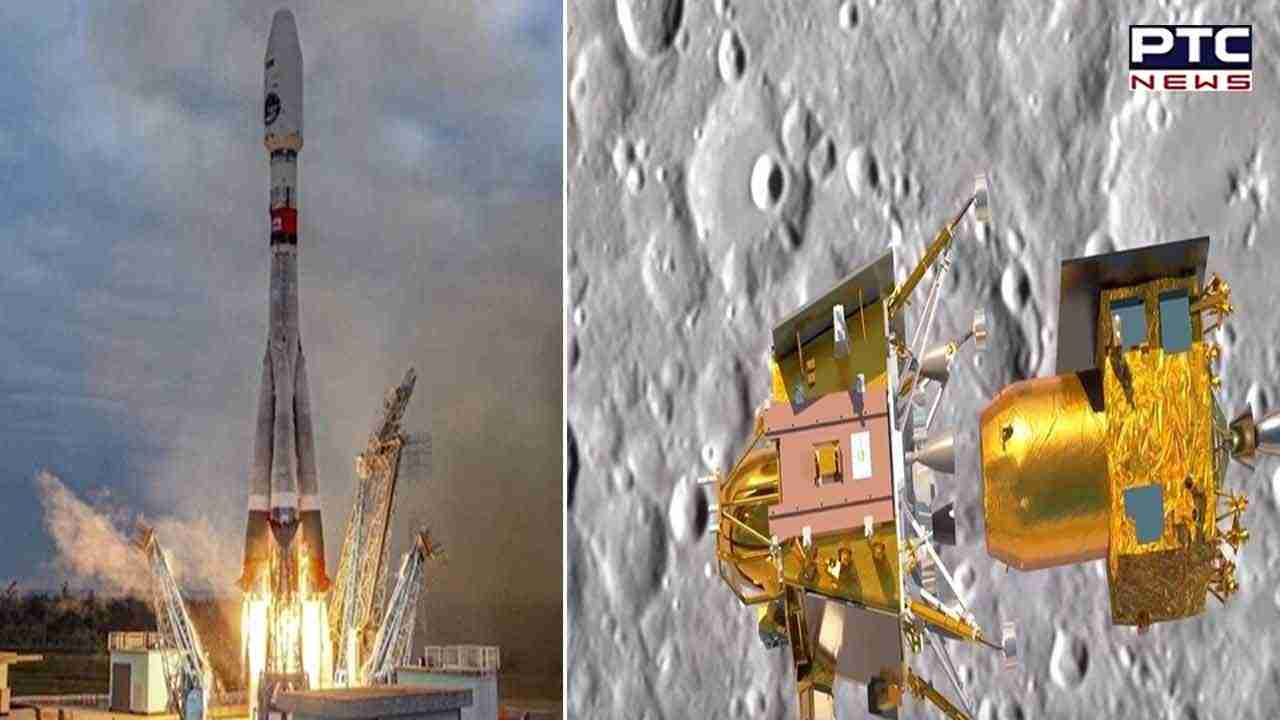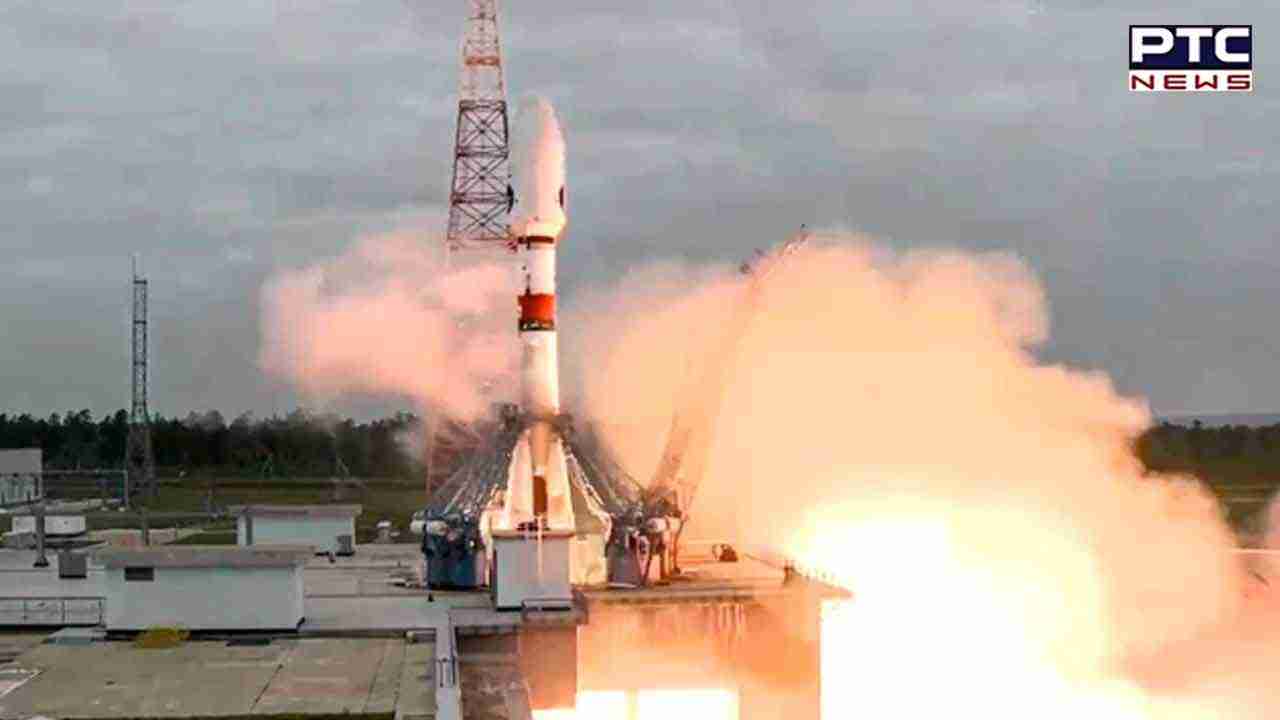

Russia's maiden lunar mission in 47 years comes to a crash landing
Russia's Moon Mission Crash: Moscow's dream of rekindling lunar exploration suffered a major setback as the Luna-25 probe, Russia's first Moon mission in nearly half a century, tragically crashed on the lunar surface during pre-landing maneuvers. The Russian space agency Roscosmos confirmed this disheartening news on a somber Sunday.
Amid high hopes of a triumphant return to lunar exploration, the Luna-25 probe faced a disastrous fate. Communication with the spacecraft was abruptly lost at 2:57 pm (1157 GMT) on a fateful Saturday, leaving Roscosmos to grapple with the grim reality.

Preliminary assessments have grimly revealed that the lander met its demise in a collision with the Moon's unforgiving terrain. The Russian space agency expressed, "Measures taken on August 19 and 20 to locate the craft and make contact with it were unsuccessful," effectively acknowledging the severity of the situation.
An impending investigation is set to scrutinize the unfortunate crash, aiming to uncover the elusive causes behind this untimely failure. Regrettably, no insight has been provided into the potential technical glitches that might have contributed to the tragedy.
Luna-25 was a pivotal endeavor for Moscow, an attempt to revive the glory of its Soviet-era Luna program and reassert its foothold in lunar exploration. In the face of increasing isolation from the Western space community, Russia aimed to carve out an independent path to celestial discovery.
This pioneering 800-kilogram probe was designed to make history by executing a gentle landing on the lunar south pole, a feat never before achieved. Moscow had not ventured into celestial landings since the ill-fated Phobos 2 mission in 1989. This Soviet Union endeavor aimed to explore the moons of Mars but was thwarted by an onboard computer malfunction.
Yuri Borisov, the head of Roscosmos, had acknowledged the inherent risks associated with this ambitious undertaking. He had candidly conveyed to President Vladimir Putin in June that the probability of success was tentatively "around 70 percent," underscoring the challenging nature of the mission.
In this heartbreaking turn of events, Russia's aspirations for lunar resurgence have been dealt a severe blow. The crash of the Luna-25 probe serves as a poignant reminder of the unpredictable nature of space exploration, where even the most well-conceived plans can meet an untimely and tragic end.
Also Read: Chandrayaan-3 undergoes final deboosting; next stop moon
- With inputs from agencies
